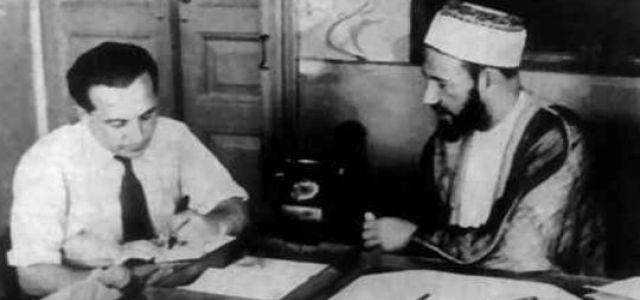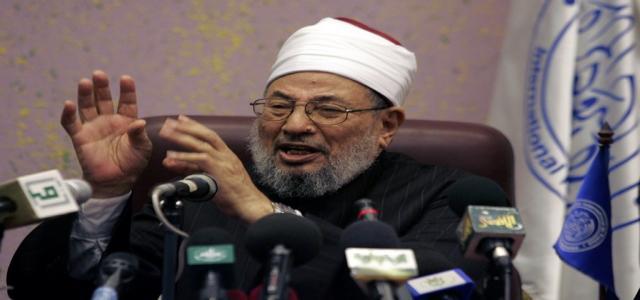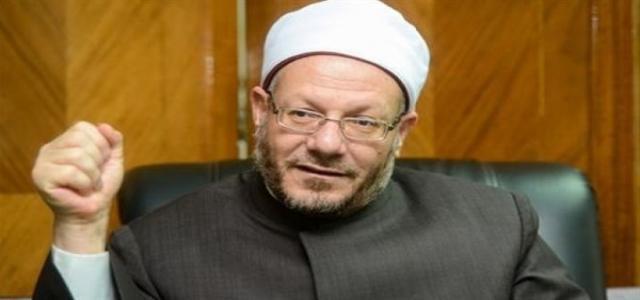- DemocracyOther Issues
- July 17, 2010
- 6 minutes read
Commentary: Muslim Brotherhood And Democracy

We received a comment from Michael Topp, who opened discussion on very important issues that related to the MB and Hassan Al Banna, the founder of the Muslim Brotherhood who was assassinated in 1949.
• I was very surprised to learn, that Al-Banna sympathized with the concept of democracy but “condemned the concept of plurality of the parties”. The plurality of parties is a basic ingredient of a democracy; without this plurality of parties there is no democracy at all. For me it is therefore quite doubtful if Al-Banna had any understanding of a democracy. As the Muslim Brotherhood is still under the strong influence of al-Banna, there are doubts if they really, inside their hearts, accept the concept of democracy.
It is clear that the Egyptian political environment during Hassan Albanna’s presence was very unclear. Most of the parties existing during this time were struggling against each other and working in favour of the British occupation. Hassan AlBanna did not criticize the “concept” of parties; he criticized the situations, attitudes and policies of the mainstream parties. In fact in 1994, the Muslim Brotherhood explained their attitude towards plurality (Link: Arabic).
The Muslim Brotherhood believes in democracy. They have participated in numerous elections including parliamentary, Shura, trade union, teaching clubs and student elections. The MB condemns all forms of violence promoting only tolerant and peaceful methods in their call for reform
• On one hand you say that the “attitude of the Muslim Brotherhood supports democracy”. On the other hand you say “concerning the democratic practices, Al-Banna had a vision on the constitutional and the parliamentary affairs, the Muslim Brotherhood believes that the main source of their edicts is the Qur’an and the Sunnah … Moreover, most genres of knowledge that are related to Islam carry the seal of the age they were created in, and the people they were made up by. Therefore, the Muslim countries should resort to that kind of pure system. We should also approach Islam in the same manner as the Prophet (peace and blessings be upon him), his companions, and the early Muslims did.” In the 7th century there was no place in the world where a democracy was practiced. On the Arab peninsula it was the Prophet (pabboh) who met with the leaders of the Arabic clans and then they took political decisions. In those days there existed no election and no parliament, only a small group of leaders ruled over the country. So if you want to establish “political practices” like in the 7th century again there are doubts about what the Muslim Brotherhoods feel in their hearts regarding democracy.
One of the Muslim Brotherhood’s main goals is to promote moderate Islam. The Muslim Brotherhood perceives Islam as a sustainable source of ideas and policies. It believes that Islam has no identified shape of authority, Khilafah was the nature of its ages, and Muslims will develop their own style of leadership. When the Muslim Brotherhood calls for the return of the Khilafah, they are referring to their call for the concepts of justice, unity and equality.
The Quran and Sunna are the holy texts for Muslims to guide them in practicing their religion and living their lives. The texts do not force any regime or political regulations on the Muslims.
• You mention that “the members of this movement embrace that class of Islamic-oriented democracy … and they are involved in the political arena in accordance with the codes of Islam that regulate all matters of life.” If the Qur’an and the Sunnah regulate all matters of life, what do you need a Parliament for? If Qur’an and Sunnah regulate all matters, you only need some wise men who know the Qur’an and the Sunnah by heart and who can find within a short time the sentence within the Qur’an and Sunnah that is related to a problem which arises in modern times. But this would not be democracy, it would be a theocracy – it would be something like what we have in Iran today.
Generally, Quran and Sunna offers some kind of life assurance. They have answers for millions of problems and issues, they dealt with the lives of Muslims throughout the last 14 centuries. Islam offers a lifestyle with no limitations. The holy texts simply manage the general guidelines of laws. The Muslim Brotherhood does not make its decisions solely from the Quran and Sunna; rather they are inspired by the “Maqased” or purposes of Sharia!
Sharia law is concerned with managing peoples’ lives by managing the purposes of their decisions. This is what the Muslim Brotherhood believes in.
With regards to theocracy, the Muslim Brotherhood has confirmed numerous times that they are not aiming to reach a theocratic state, they clearly want a civil state, theocracy has no affiliation with the Islamic philosophy. The Muslim Brotherhood does not force people on anything even issues mentioned in Quran or Sunna. This is the function of the legislative council and parliament, the passing of or rejection to the laws and bills.
• What I missed a little bit in your report was something about the approach of the Muslim Brotherhood towards a free press and towards foreign investment in Egypt . These issues are discussed here in Germany and it is not really known how the Muslim Brotherhood would handle these issues. Maybe you can write about this in one of your next issues.
This is a very important point; the Muslim Brotherhood has a permanent stance in its call for promoting the freedom of expression. The Muslim Brotherhood may refuse some of the theses by intellectuals and academics, but they would never ban them from writing or publishing, especially since the Muslim Brotherhood understands well the effect of repression, being the most targeted opposition group.
The Muslim Brotherhood has united in solidarity with journalists who were referred to courts because of their opinions. They have also supported the arrested Bloggers and victims of free speech. including Kareem Amer.



